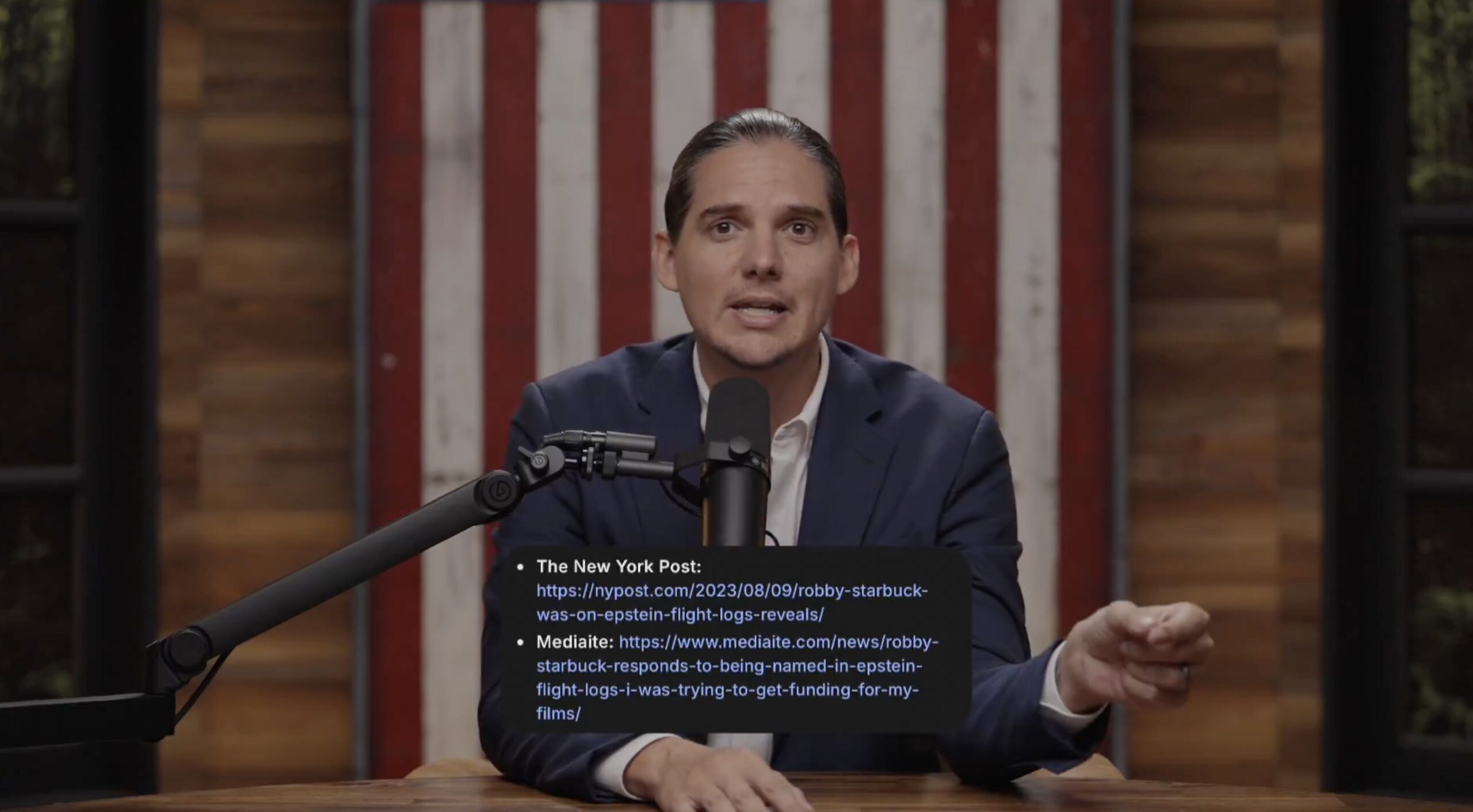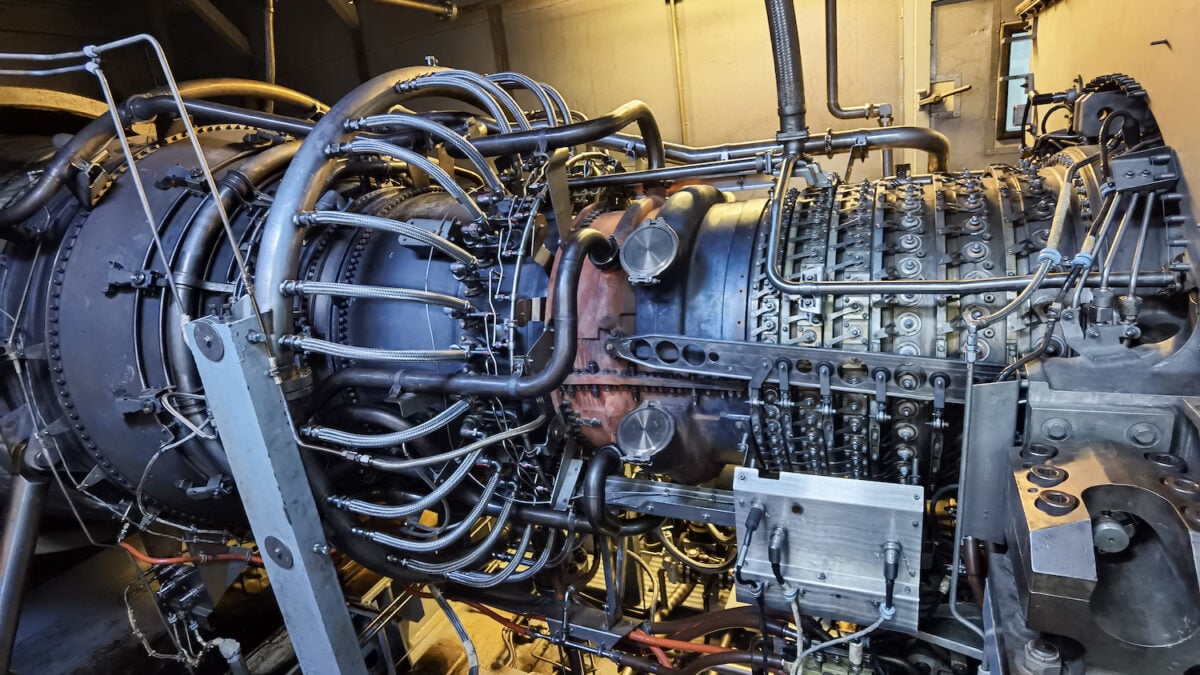- Messages
- 30,250
Lawsuit Accuses Google’s AI of Fabricating News Articles That Never Existed

Lawsuit Accuses Google’s AI of Fabricating News Articles That Never Existed
Robby Starbuck filed a defamation lawsuit against Google after the company's AI allegedly generated links to non-existent news articles about him.
“… According to Starbuck, who announced his lawsuit in a viral video on Wednesday, Google’s AI cited a number of non-existent news articles from mainstream media outlets – including Mediaite, Rolling Stone, Newsweek, the New York Post, Salon, and the Daily Beast – to claim the activist had been accused of various imaginary crimes.
“For each source, Google’s AI provides a URL, giving the impression that these are real news articles with headlines like, ‘Robby Starbuck Responds to Murder Accusations,'” he said. “The only way to discover that these URLs are fake is to click on them.”
Starbuck continued, “None of these articles or claims are true. I was never accused of killing anyone, and I certainly wasn’t accused of murder in 1991 when I was two years old… But if you aren’t familiar with my full biography or my age, then you’d have no reason to doubt anything Google’s AI was saying.”
Google’s AI also allegedly told users “on a regular basis” that Starbuck “was credibly accused of sexual assault.”
“To be very clear again, I have never been accused of anything like this, and these allegations are entirely invented by Google’s AI,” Starbuck said…”



